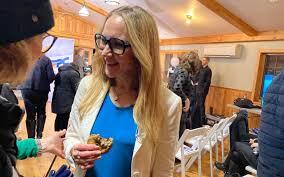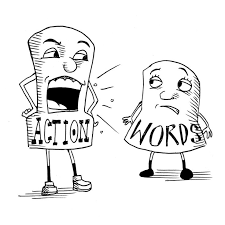 July 2024
July 2024
Condominium governance is one of the most basic forms of democratic governance. Condo directors are granted authority by owners who elect them. Those individuals who obtain the greatest number of votes are elected.

The specifics of how elections are conducted, their frequency, rights and obligations of those elected, and the rights of owners are detailed in a series of governing documents that include the Condo Act (Ontario), declaration, by-laws and rules. Among these requirements, an annual meeting of shareholders in the corporation is required, called the Annual General Meeting (AGM). Directors are elected at the Annual General Meeting. Elected directors serve for a fixed term as stated in governing documents with three years being the most common.
The condo board is comprised primarily of elected directors. They may choose to appoint additional people to the board. This group has authority to run the entire operation for your community. To help them do so, the condo board typically employs management services to help and guide them with everything that is required. These management services, which include a manager, are tasked with doing those things that a volunteer board lacks the time, skills, expertise or interest to handle personally.
The Voting Process
Considering the trust and authority granted to an elected condo board, the voting process is important. There are requirements for when notice of a meeting must be sent out, details on number of directors being elected and the names of candidates. Details on how to vote are provide which include in-person at the meeting, prior to the meeting or by proxy. A proxy is how an owner authorizes someone else to vote on their behalf. The proxy has become less important with the advent of electronic or online voting which allows owners to vote over an extended period from wherever using an online system accessible over the internet.
Voting ballots are retained for a period after the vote so they can be reviewed should there be any concern or dispute regarding election results.
In practice, all of this can become complex and confusing. A condo board may refuse to hold elections. Ballots or proxies may be forged or improperly completed. There may be errors counting ballots.
Those governing documents mentioned earlier identify rules and procedures to address most complexities and conflicts.
 Democracy can be messy, confusing and problematic. It is also the best system we have and it works better than all other systems that have been attempted.
Democracy can be messy, confusing and problematic. It is also the best system we have and it works better than all other systems that have been attempted.







